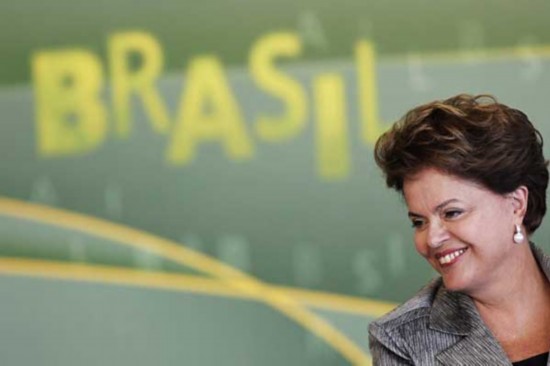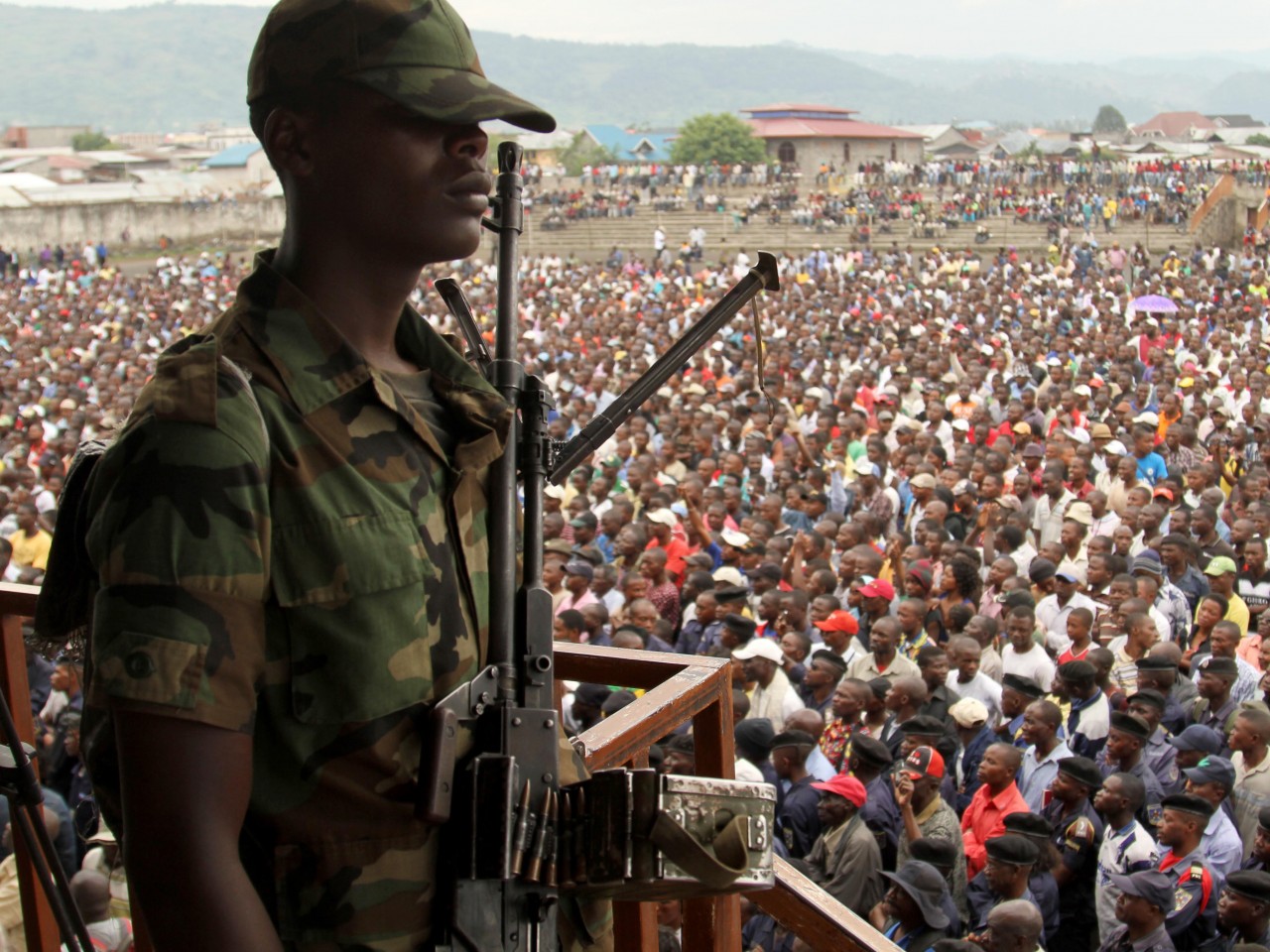The recent announcement that Afghanistan will now control its own security operations, having been turned over by the NATO-run International Security Assistance Force, provides a unique opportunity for analyzing the future of NATO. Since the 1990s the Alliance has been involved in major efforts in the Balkans, Afghanistan, Somalia, Indonesia, and even Iraq. Despite these new and diverse operations, the Alliance has never dramatically redefined itself, maintaining its Cold War aesthetic and much of its ethos. With NATO’s part in the War in Afghanistan drawing to a close, it is time for the member-states and the citizens of the Alliance to consider what they want from the institution and how they should go about getting it. The possibilities of reforming NATO can be divided into two general scenarios. The first would be to maintain the Atlantic-oriented nature of the Alliance. This would mean global engagements would remain in the interests of Euro-American peace and security. The second scenario, which could play out in different variations, would shift away from the Atlantic and expand NATO into a truly global alliance. The first of this two-part series will explore what can be referred to as the “Atlantic Option.”
[captionpix align=”left” theme=”elegant” width=”320″ imgsrc=”http://natoassociation.ca/wp-content/uploads/2013/07/nato-symbol-with-flags-of-member-countries.jpg” captiontext=””]
The Atlantic Option
The continuing Atlantic emphasis of NATO can be seen as a way to ensure that there is no overstretching of the limited resources of member states. This has been advocated by people such as Jaap de Hoop Scheffer. Before he left as Secretary General of the Alliance in 2006, he was resolute in saying that he did not want a ‘Global NATO.’ Instead he advocated for the Alliance to redouble its efforts on defending its existing members, through sharing burdens equitably between the members, and through new partnerships with other organizations and states. He was determined that NATO be inherently connected through partnerships with the rest of the world, but to maintain a balance and not overextend itself abroad.
In some visions of the Alliance, even NATO’s current structure is an overextension, or at least a misplaced effort. The perceived overlap between NATO and the EU has added much confusion to the contemporary relevance of the Alliance. The European Union’s Common Security and Foreign Policy (CSFP) holds many structural similarities to NATO. The overlap has been seen as a problem for both bodies, and there has been some pressure for a form of reconciliation to put concerns at rest. Andrew Bacevich in particular has argued that the EU should subsume NATO’s role in defending Europe. He believes that the Europeans as well as American’s would benefit from this shift (though he makes no mention of Canada’s fate). For Bacevich, this transition would clarify priorities and settle the stresses on the Euro-Atlantic relationship.
If it was to reorient itself solely towards Europe, NATO would gain a vastly transformed and arguably more cohesive mandate. Whatever its new name, a European-only NATO could march solely to the beat of the EU’s drum and ensure that its operations were harmonious with all of the union’s other efforts. On the other hand, however, this version of NATO would suffer from a dramatically reduced collection of resources with the loss of the United States and Canada. The likelihood that this will happen is probably quite low, given the historical strength of NATO, but with American and Canadian eyes shifting increasingly towards the Pacific, Europeans could not be blamed for pondering the future of their security as separate from North Americans’.
The vision of de Hoop Scheffer is arguably not very different from that of the NATO that exists today. He wants to strengthen the institutions that already exist and further a process of trans-Atlantic political and military integration that has been occurring for some time. More ardent European loyalists, or Americans seeking greater strategic freedom such as Bacevich, certainly see the streamlined nature of a solely European alliance as reason enough to argue for it. But with limited resources, could its guarantee for collective security be taken as seriously? Whatever its eventual form, it should be clear to all parties that NATO cannot do its job effectively without partnerships with organizations and states from all regions of the world, whether or not it decides to admit them as members.
An Atlantic Future
Whether or not structure of NATO continues to remain the same, it is clear to all trans-Atlantic parties that a continuing partnership is of crucial importance to global stability and to Western security. The suggestion of Bacevich and others is that this partnership should take place in new channels, outside of an organization that is felt by some to have overstretched its original purpose: maintaining a united, democratic (and free-market) Europe. Others disagree. While American interest have increasingly pivoted to Asia, this in no way nullifies the need for continued dialogue across both sides of the Atlantic. NATO can continue to seek out new partnerships with other states and organizations, while shifting its internal burdens more equitably and deepening the political commitment it has between its members. But this is not the only possible path for NATO to go down. If it chose to, it might turn all of this advice on its head and expand in new directions to become both in name as well as in spirit a global alliance.




